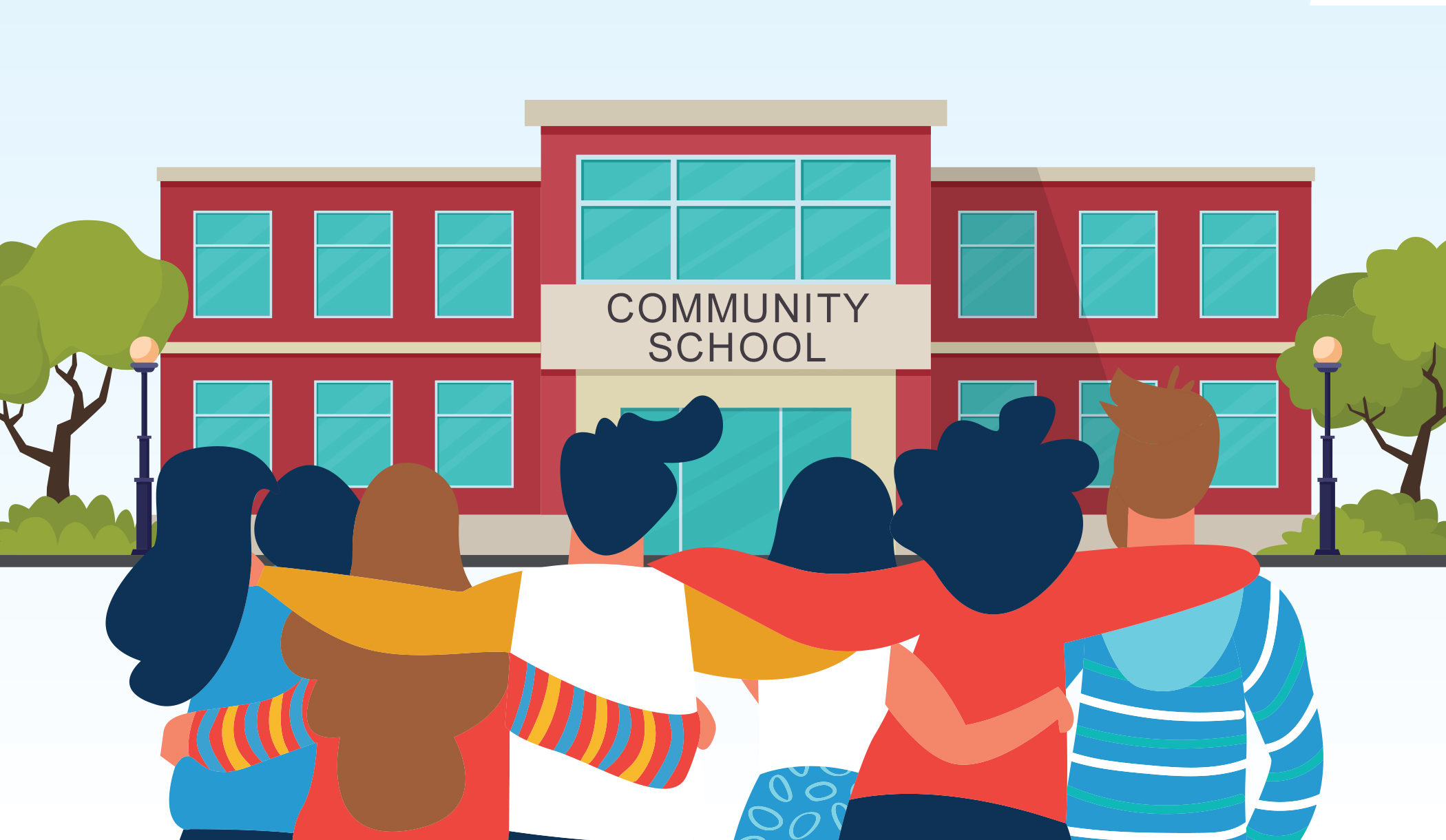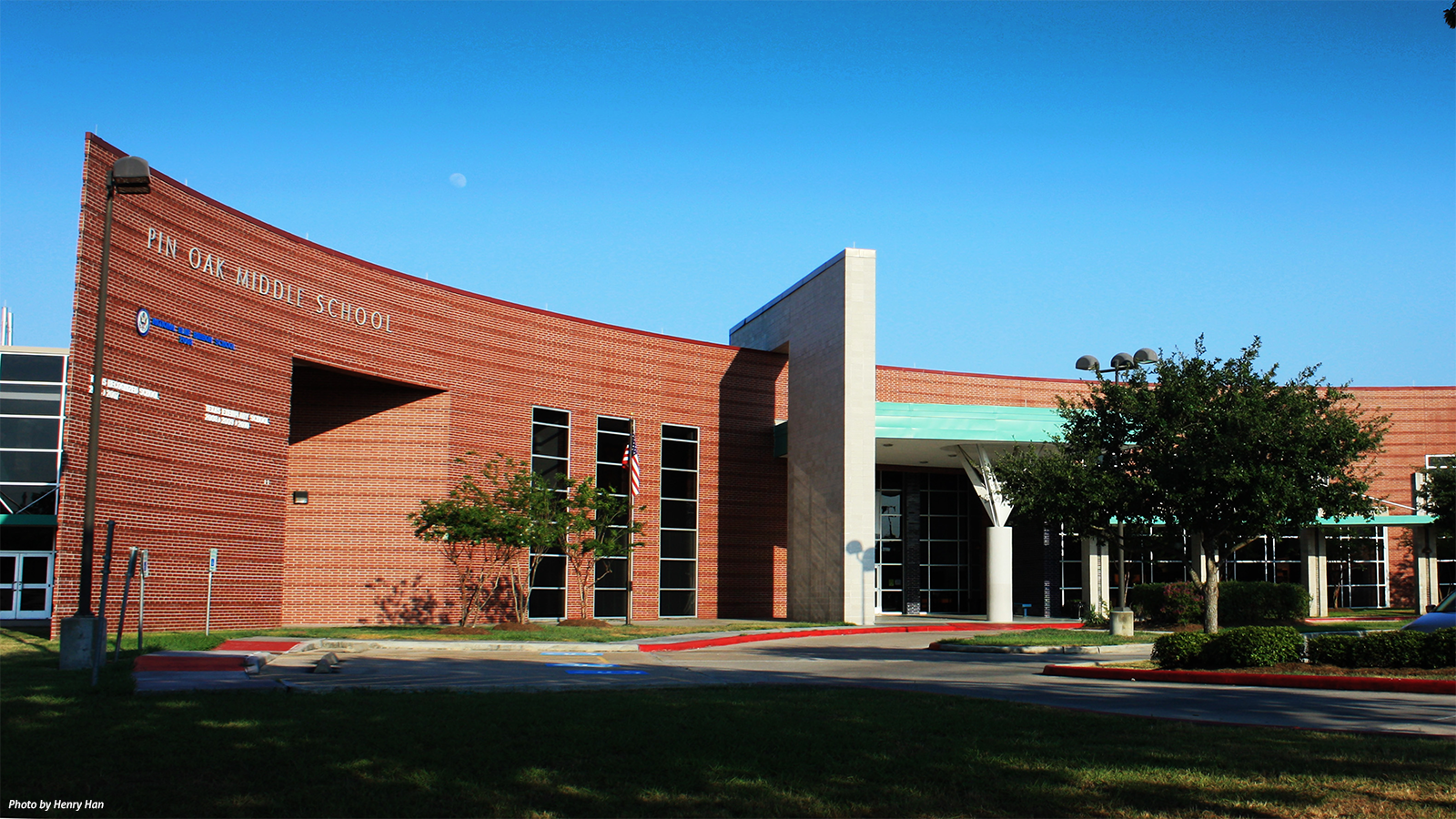Understanding the Relevance of Institutions in Kid Growth and Neighborhood Development
Colleges' engagement with neighborhood areas via service-learning campaigns strengthens the bond between households and educational institutions. This cooperative relationship underscores the importance of schools in nurturing active citizenship and long-lasting knowing routines.
Academic Accomplishment
Academic accomplishment works as a cornerstone of kid development, providing the structure whereupon future discovering and success are developed. Schools play a critical function in promoting this academic development, offering organized atmospheres where children can obtain essential expertise and cognitive skills. Standardized curricula guarantee that pupils gain effectiveness in core subjects such as mathematics, science, and language arts, which are critical for both college and specialist chances.
In enhancement to giving fundamental academic abilities, schools additionally grow crucial reasoning, problem-solving capacities, and intellectual interest. These cognitive proficiencies are vital for browsing complex real-world situations and adapting to the ever-evolving needs of the modern work environment. Educators, as facilitators of understanding, utilize varied pedagogical techniques to satisfy diverse understanding designs, thus making best use of individual trainee capacity.
In addition, academic success is carefully linked to self-esteem and inspiration. Youngsters who experience scholastic achievements are more probable to develop a positive self-concept and a long-lasting passion for knowing. Institutions also use numerous sources, such as collections and technology, which additionally boost the academic experience and prepare pupils for a technologically sophisticated culture.
Social Skill Advancement
Beyond scholastic success, the duty of institutions in social ability advancement is crucial. Schools act as a key place for youngsters to learn and exercise necessary social abilities such as participation, problem, and interaction resolution. In the organized atmosphere of a classroom, pupils connect with peers, educators, and various other school team, supplying countless opportunities to establish these important capabilities.
Effective social ability growth in institutions is assisted in with team activities, collaborative tasks, and extracurricular programs. These communications help students recognize social norms, construct empathy, and promote a sense of neighborhood. As an example, group assignments educate trainees how to interact towards an usual goal, pay attention to various viewpoints, and browse differences constructively.

The farming of social skills during academic year lays a foundation for future individual and specialist partnerships. Save Temecula Schools. As pupils mature, the capability to properly collaborate and communicate ends up being progressively important, highlighting the college's crucial function in holistic child development
Exposure to Diversity
Direct exposure to variety in schools is fundamental to promoting a comprehensive attitude and expanding students' perspectives. Schools serve as a microcosm of the wider society, and encountering diverse cultures, languages, and socioeconomic backgrounds within this setting gears up trainees with necessary abilities for navigating an increasingly globalized world. This direct exposure urges compassion, decreases bias, and advertises shared respect among peers.
Research shows that trainees that interact with peers from diverse backgrounds exhibit far better problem-solving abilities and creativity. This understanding of variety prepares pupils for future workplaces that value modern proficiency - Save Temecula Schools.

Neighborhood Interaction
The advantages of diverse classrooms prolong beyond the school walls, promoting a solid sense of community interaction amongst pupils. By connecting with peers from various cultural, socioeconomic, and ethnic backgrounds, pupils gain a more comprehensive point of view and an admiration for variety. This exposure motivates them to end up being active residents who agree to contribute top article favorably to their neighborhoods.
Schools that emphasize area engagement commonly include service-learning tasks, which permit trainees to resolve real-world issues while using academic skills. These tasks not just improve students' understanding of their coursework but additionally instill a sense of obligation and empathy. Additionally, collaborations in between institutions and local companies provide trainees with possibilities to join neighborhood occasions, further strengthening their function as proactive area participants.
In addition, parental and area participation in colleges strengthens the bond between instructional organizations and the areas they offer. Via these efforts, colleges play a crucial duty in nurturing community interaction and promoting social development.
Lifelong Learning Practices
Creating lifelong discovering behaviors is important for a kid's continuous development and adaptability in an ever-changing globe. Institutions play an essential role in instilling these practices by producing an atmosphere that promotes interest, important thinking, and a love for expertise. Via varied educational programs and extracurricular activities, instructors encourage pupils to check out various topics, examine info seriously, and apply their finding out to real-world scenarios.

In addition, institutions supply an organized atmosphere where kids can develop self-discipline and time management abilities, both of which are crucial for continuous learning. By highlighting the relevance of establishing goals, showing on progress, and adjusting approaches, academic institutions prepare pupils to navigate the intricacies of adult life, ensuring they stay lifelong learners and factors to society.
Final Thought
In conclusion, colleges are essential in promoting kid advancement and community development by supplying atmospheres favorable to scholastic achievement, social ability development, and direct exposure to diversity. Eventually, schools grow long-lasting knowing behaviors, furnishing individuals with the required knowledge and abilities to add favorably to culture.
In the organized environment of a class, trainees engage with peers, educators, and other institution team, providing many opportunities to create these critical abilities.
In essence, exposure to diversity within institutions not just enhances specific students yet likewise reinforces the social fabric of the area as a whole.
The benefits of diverse class expand beyond the school walls, cultivating a solid feeling of area interaction among students.Institutions that stress area engagement often incorporate service-learning tasks, which allow students to deal with real-world troubles while applying scholastic skills. Partnerships in between schools and regional organizations supply students with opportunities to take part in community occasions, additionally strengthening their duty as positive neighborhood participants.
Comments on “Cutting-edge Solutions to Save Temecula Schools from Budget Plan Cuts”